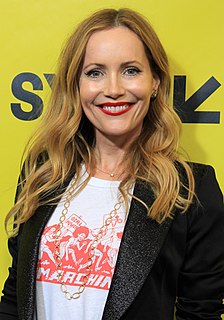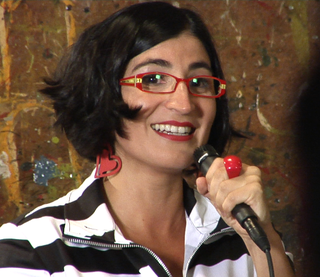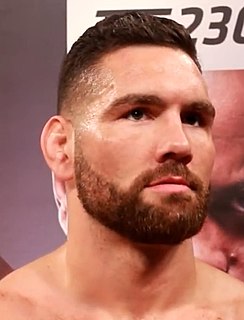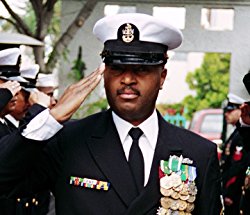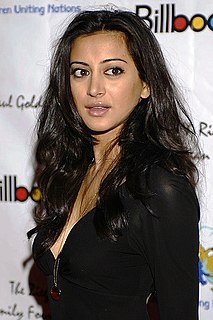A Quote by Haroon Moghul
What I want is to talk about how someone raised Muslim struggles with the same stuff that everyone else theoretically could. Obviously, the particulars are different, but everybody can sympathize with being forced to answer for their identity, the colour of their skin or their religion. A lot of people struggle with mental illness or romance or failed marriages - these are all parts of my own struggle. I read them through the lens of Islam because that's the particular language I grew up in, but the grammar is universal.
Quote Topics
About
Answer
Because
Being
Colour
Could
Different
Else
Everybody
Everyone
Everyone Else
Failed
Failed Marriage
Forced
Grammar
Grew
Grew Up
How
Identity
Illness
Islam
Language
Lens
Lot
Marriages
Mental
Mental Illness
Muslim
My Own
Obviously
Own
Particular
Parts
People
Raised
Read
Religion
Romance
Same
Skin
Someone
Struggle
Struggles
Stuff
Talk
Them
Through
Universal
Up
Want
Related Quotes
I struggle sometimes superficially with my management or with my own career about how much time I spend traveling or giving myself away to promote my music or myself when I'd rather be gardening or surfing or being at home with my loved ones. And everyone struggles with that; everyone struggles with having to go to work. And I struggle with how humankind ended up this way.
I knew that the black struggle wasn't my struggle. But I felt like it was my-struggle-adjacent, you know? I've always said that if you turn the dial in one direction, a Muslim is a Jew is an East Asian person is a Native American and so on. I feel very much that all of these struggles are kind of the same and - Hillary Clinton actually said this recently - when you get rid of one barrier, it opens up the gates for a whole bunch of people you didn't even know would benefit from it. So not fighting for the black struggle is like not fighting for the Muslim struggle.
When you have mental illness you don't have a plaster or a cast or a crutch, that let everyone know that you have the illness, so people expect the same of you as from anyone else and when you are different they give you a hard time and they think you're being difficult or they think you're being a pain in the ass and they're horrible to you. You spend your life in Ireland trying to hide that you have a mental illness.
I have a son who's been raised Jewish because his mom is Jewish. I have a whole different set of holidays to celebrate. Everybody is thrown together with their family in such an intense way, opening all of that stuff again. You're cooped up with everybody and forced to exist with them, and you're forced to try to relate to them in this way that's more open. I guess that just doesn't work for a lot of people.
I was raised with this consciousness of being part of this global Muslim community. At the same time, I didn't even know if I wanted to be Muslim. It was this incredibly complicated moment: I just needed to balance these two things where you care about people on some deep level who are my co-religion and are being killed because of their religion. Then, at the same time, I'm like ah, I don't really know if I want this.
I don't think people talk about mental illness a lot, but they need to know it's OK to talk about how they are feeling. People are afraid of telling the truth because they think it's going to hurt everyone around them. I've kept so much inside that I've literally lost it. I wish more people would get help when they feel like they need it-- not just to look to medicine, but to the support of others.
Talk to me 20 years ago and I had a complete sense of illegitimacy as an American Muslim. I felt like I wasn't authentic. But I don't understand and I don't believe or subscribe to this idea that I don't have a right to speak as a Muslim because I'm an American. Being Muslim is to accept and honor the diversity that we have in this world, culturally and physically, because that's what Islam teaches, that we are people of many tribes. I think the American Muslim experience is of a different tribe than the Saudi Muslim world, but that doesn't make us less than anyone else.
I come from an African-American family that is predominantly Muslim. I have had to covertly operate in parts of the Middle East and Africa. I've lived a Muslim life and prayed in Mosques, Husseiniyahs, and shrines where needed. One must respect Islam to understand Islam. I've read the Quran through and through a half dozen times.

